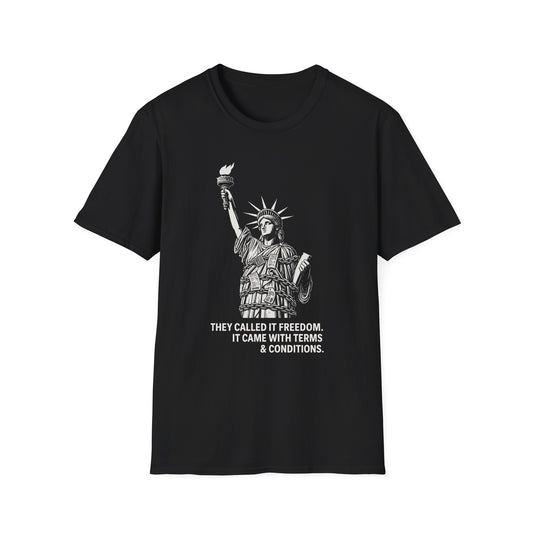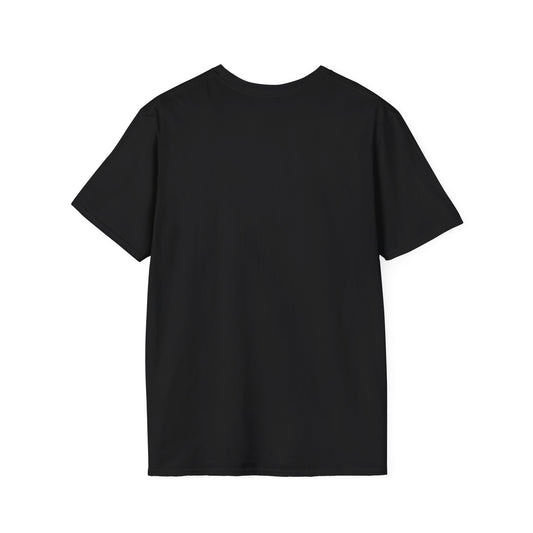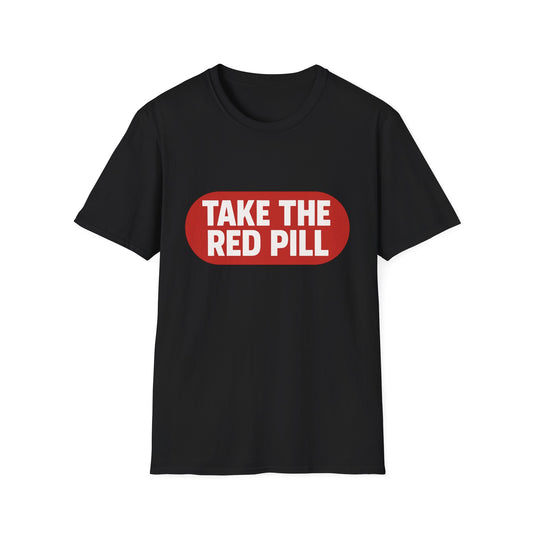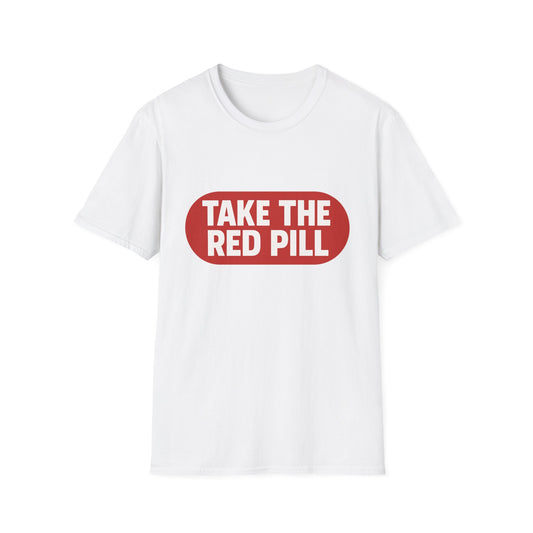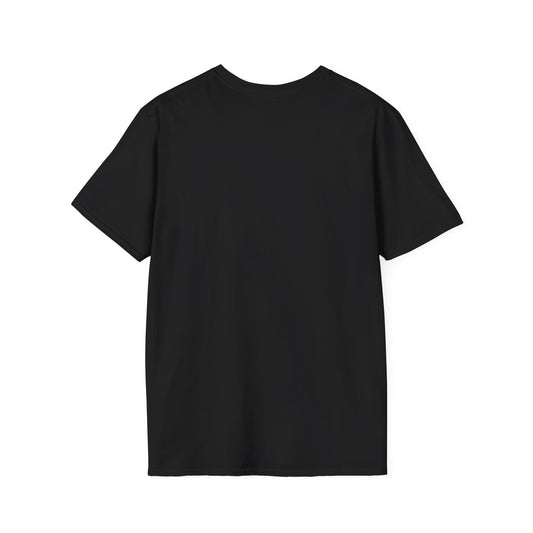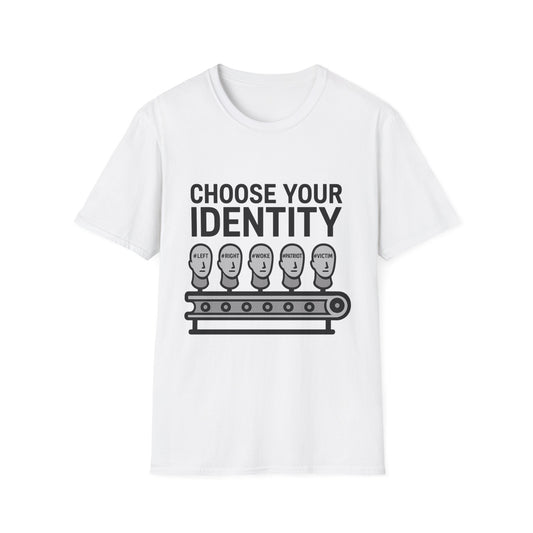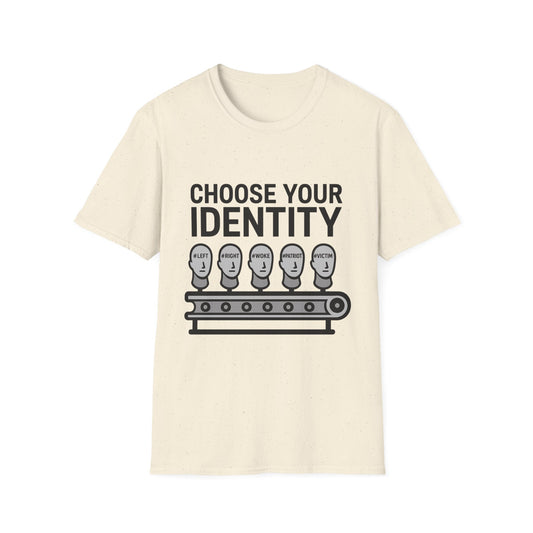
Why Nobody Feels Alive Anymore: Phones, Porn, and the Death of Meaning
Why Nobody Feels Alive Anymore: Phones, Porn, and the Death of Meaning
There’s a reason everything feels dull. A reason the highs don’t hit the same. A reason you’re tired even when you sleep, bored even when you’re entertained, and lonely even when you’re constantly connected.
It’s not just you. It’s all of us. And it’s by design.
We live in the most overstimulated, overmedicated, and emotionally starved generation in human history. A world where everything is instant, but nothing is fulfilling. We’ve engineered convenience, entertainment, and pleasure to such an extreme that we accidentally hacked our own biology—and now we’re paying the price in silence, scrolling ourselves into spiritual extinction.
Phones. Porn. Feeds. Notifications. It’s a constant loop of shallow dopamine hits stacked on top of one another like candy-colored sedatives. They’re not satisfying, but they’re enough to numb. And we keep going back. Not because it’s good—but because it’s easy.
We’ve been trained to fear stillness. To panic in boredom. To think silence means failure. And so we fill every gap in our lives with noise. You reach for your phone when the room goes quiet. You open TikTok when you’re sitting at a red light. You scroll while watching Netflix, because even one screen isn’t enough.
It’s not content anymore—it’s anesthesia.
And then there’s porn. Easy to access. Always available. It’s the perfect example of synthetic satisfaction. No effort. No vulnerability. Just endless novelty. And what does it leave behind? A brain rewired for passivity. An emptiness that gets deeper the more you try to fill it.
Porn doesn’t just kill intimacy. It kills drive. It kills momentum. It makes real life feel too slow, too hard, too demanding. And over time, it chips away at your ability to feel anything at all. Just like the algorithms, the likes, the filters—everything designed to stimulate you without asking anything of you.
But here’s the brutal truth: the human soul wasn’t built for constant pleasure. It was built for purpose. For pain. For beauty and growth and challenge and triumph. For meaning. And meaning can’t be streamed. It can’t be delivered overnight. It can’t be consumed passively.
That’s why we feel dead inside. Because we’ve replaced meaning with stimulation. We’ve outsourced connection to apps. We’ve traded depth for speed, purpose for pleasure, and effort for ease. And now we wonder why everything feels fake.
We’re not alive. We’re just entertained.
Break the Loop
Feeling alive again doesn’t come from some app or product or influencer hack. It starts when you stop numbing. When you resist the urge to scroll through boredom and instead sit in it. When you take discomfort and face it instead of fleeing.
You want to feel something real? Shut the screens off. Walk outside without music. Sit with a notebook and write about what you’re actually feeling. Not what you’re supposed to feel. Not what you post to feel seen. Just what’s there. Unfiltered.
We’ve forgotten how to be human because we stopped practicing it. You can’t outsource aliveness. You have to reclaim it, piece by piece. Through struggle. Through discipline. Through creation. Through doing hard things without shortcuts.
Start lifting heavy things. Start fasting from stimulation. Read actual books. Make something with your hands. Call someone instead of texting them. These things sound simple, but they bring you back to reality—back to presence—back to a version of yourself that isn’t optimized for likes, but for truth.
You won’t feel alive watching someone else’s highlight reel. You’ll feel alive when you live your own story—and most of that story happens offscreen, in the awkward, gritty, difficult chapters.
This world profits off your numbness. It counts on you needing another hit. Another scroll. Another notification. But the moment you pause—just for a second—you break its grip. You weaken the loop.
And in that crack, life gets back in.
Dopamine isn’t bad. But when it’s weaponized by algorithms and pushed nonstop into your brain, it becomes poison. The highs get lower. The lows get longer. Eventually, your nervous system forgets how to find joy in real things—sunlight, conversation, progress, prayer, effort. Real life starts to feel like static. Like background noise you can’t connect to. That’s not depression. That’s design.
And porn? It doesn’t just harm intimacy. It kills resilience. You stop chasing long-term goals because short-term pleasure is always one click away. You stop dating. You stop dreaming. You stop risking. You turn inward and disappear. And when you do that long enough, you forget what it was like to feel anything real.
So how do you claw your way back?
You fight. Not with anger. With resistance. With honesty. With tiny, painful steps toward being whole again. You do the things that no longer give you a dopamine hit—but still matter. You delay gratification. You build momentum with sweat and time instead of clicks and swipes.
You start remembering how to feel. And that’s where everything changes.
Aliveness doesn’t always feel good. Sometimes it’s painful. It’s awkward. It’s ugly. But it’s real. And real will always beat artificial.
So unplug. Move your body. Fight through the fog. Reclaim the pain. And remember:
You weren’t made to be constantly entertained. You were made to feel.
Start there. And everything changes.
